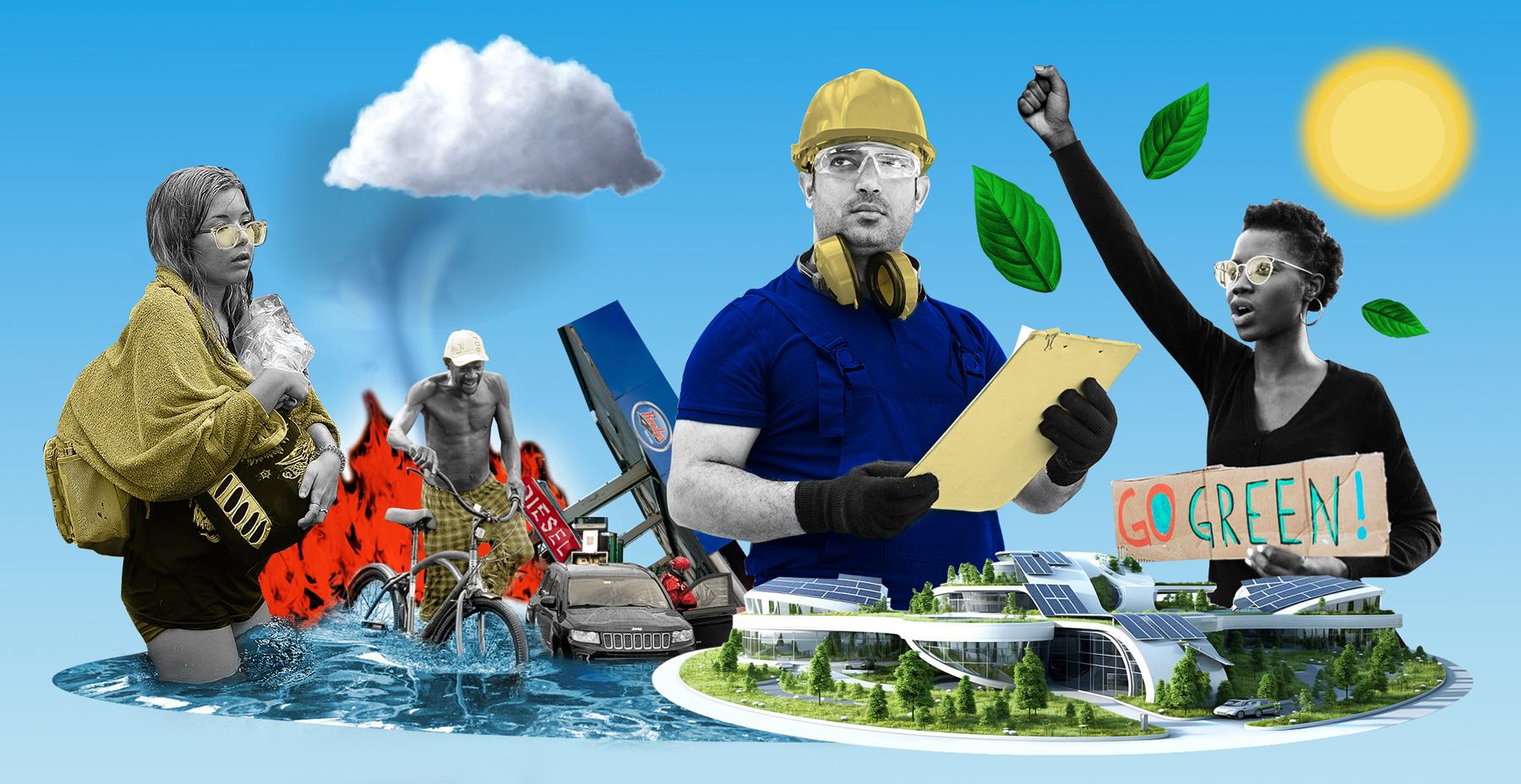Bargaining for the common good is an innovative way of building community-labor alignments to jointly shape bargaining campaigns that advance the mutual interests of workers and communities alike. At their heart, these campaigns seek to confront structural inequalities—not simply to agree on a union contract. A bargaining-for-the-common-good approach starts with teachers unions, students, and local community groups working together to develop and articulate a set of demands that serve the interests of students, workers, and the communities where they live and work. Importantly, all stakeholders should have an equal voice in proposing and developing common good proposals.
Some possible demands could be emissions reduction targets, energy efficiency investments, solar panel installations, and the creation of resilience hubs at public universities, colleges, and preK–12 schools. Other demands include divestment of public pensions and endowments from fossil fuel companies and reinvestment of those funds into socially responsible investments, as the AFT has resolved to do nationally.61 Expansion of public transportation options, including the free provision of mass transit to students or employees, and monetary or other incentives for workers who walk, bike, or use public transportation to commute to and from school are also possible demands. Public school teachers can also fight for climate justice to become a core part of the public school curriculum, as the Chicago Teachers Union has been doing, and for green energy CTE programs to be available to all high school students.
Hitting on many of these demands, UTLA, in partnership with students and several community organizations, developed and successfully negotiated a memorandum of understanding (as part of its contract bargaining) titled “Healthy, Green Public Schools.”62 The memorandum, Arlene Inouye (then UTLA’s bargaining co-chair and secretary, now retired) told me, includes climate literacy curricula; a green jobs study; a green school plan, including conversion to union-made electric buses and union-installed renewable energy systems; and clean water, free from lead and other toxins. Reflecting on the process and proposals that came from it, Arlene said, “it’s been very important that we continue to grow the coalition and continue to expand our common good demands…. We’re finding different angles to keep pushing the envelope.”63
